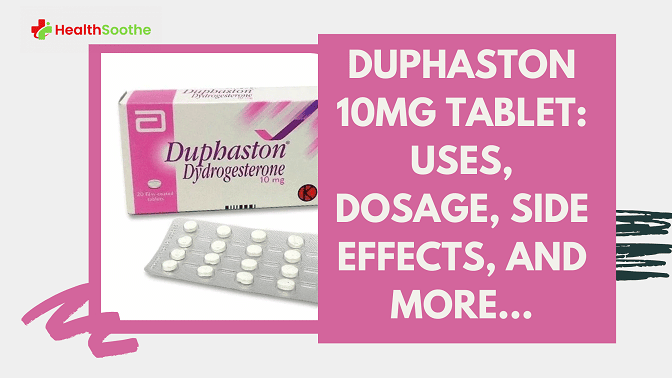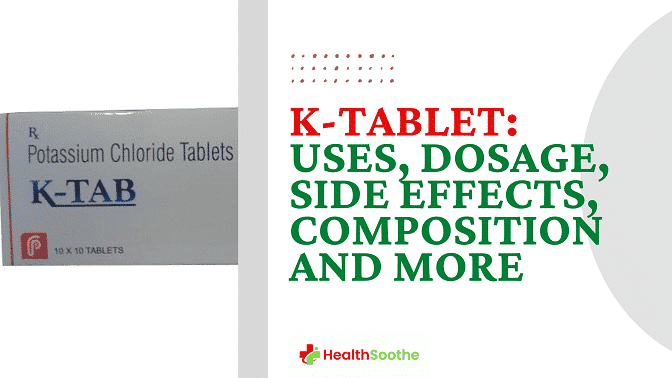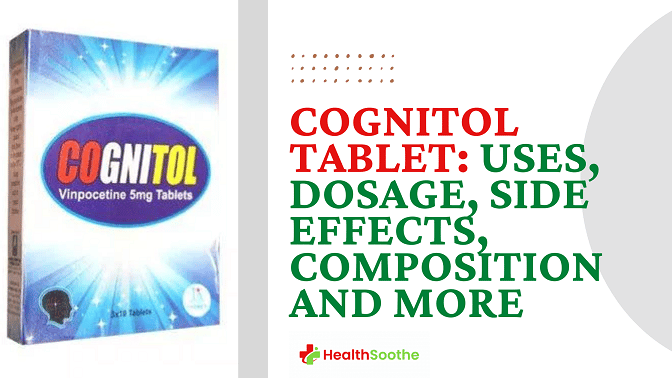Side Effects Of Duphaston
Major & minor side effects of Duphaston Tablet
- Rash
- Itching
- Hives
- Cough
- Breast pain
- Depression
- Mood swings
- Difficulty in falling asleep
- Headache
- Dizziness
- Drowsiness
- Nausea
- Abdominal pain
- Vomiting
- Diarrhea
- Dry mouth
- Indigestion
Ingredients in Duphaston
Each tablet contains 111.1 mg of Lactose monohydrate. Excipients/Inactive Ingredients: Core: Lactose monohydrate, Hypromellose, Maize starch, Colloidal anhydrous silica, Magnesium stearate. Film-Coating: Hypromellose, Macrogol 400, Titanium dioxide (E171).
Uses Of Duphaston Tablet
1. Recurrent amenorrhea
Secondary amenorrhoea, a disorder when menstruation has ended without regard to pregnancy or menopause, is treated with this medication.
2. Irregular menstruation
This medication is used to treat menstrual irregularities like unpleasant or unpredictable periods.
3. Irregular uterine bleeding
The condition known as dysfunctional uterine bleeding, which is defined by irregular or aberrant uterine bleeding in the absence of any palpable pelvic disease, is treated with this medication.
4. Perimenopause syndrome
Premenstrual syndrome, a condition marked by symptoms including mood swings, irritability, depression, exhaustion, etc., is treated with this medication.
5. The threat of abortion
This medication is used to treat threatened abortion, a condition when there is a danger of miscarriage and vaginal bleeding during the first 20 weeks of pregnancy.
6. Routine abortion
This medication is used to treat habitual abortion, a condition in which a patient has lost three or more pregnancies in a row.
7. Luteal insufficiency as a cause of infertility
Infertility brought on by luteal insufficiency, a condition in which the corpus luteum does not secrete adequate progesterone, is treated with this medication.
8. Replacement therapy for hormones
For women with illnesses brought on by naturally occurring or surgically induced menopause who still have their uterus intact, this medication is administered in conjunction with estrogen as a hormone replacement treatment.
9. Dysmenorrhea
This medication is used to treat cramps and pain during the menstrual cycle.
10. Endometriosis
Endometriosis, a disorder characterized by symptoms like abdominal pain and irregular menstruation, is treated with this medication.
When Not To Use
In some situations, it is advisable not to use this medication.
Uterine bleeding that is undiagnosed
Patients with an undetected abnormal vaginal bleeding are not advised to take this medication.
Allergy
Patients with a known allergy to dydrogesterone or any other inactive components present with this medication should avoid using it.
Warning
1. Breast-feeding
Women who are nursing are not advised to use this medication.
2. Driving a vehicle or using a machine
Some patients may experience sleepiness or dizziness after using this medication. If you feel lightheaded or sleepy while taking this medication, it is advised that you avoid performing any activity like operating machinery or a car.
3. Pregnancy
Pregnant women should not take this medication unless absolutely essential. Before using any medication, review all the risks and advantages with your doctor
4. Use with Kids
Since the safety and effectiveness of use have not been proven in clinical studies, it is not advised that this medication be used by individuals under the age of 18.
5. Liver ailments
Because there is a higher chance of the patient's condition getting worse, this medication should be used with caution in individuals who have a history of liver disorders. Depending on the clinical state, careful monitoring of liver function, appropriate dose changes, or replacement with a suitable substitute may be necessary in some cases.
6. Unexpected vaginal bleeding
Patients who are experiencing undetected abnormal vaginal bleeding are not advised to use this medication. Before starting therapy with Duphaston Tablet, appropriate tests should be run to rule out malignancy in all cases of irregular and persistent vaginal bleeding.
Interactions
Each medicine has a unique interaction with each individual. Before beginning any medication, discuss with your doctor all potential interactions.
Relationship to Alcohol
Alcohol and interaction are unknown. It is advised to speak with your doctor before using.
Medication Interaction
- Phenobarbital
- Nevirapine
- Phenytoin
- Carbamazepine
- Rifampicin
- Ritonavir
Frequently Asked Questions
1. How Many Days Will Period Come After Duphaston?
The female hormone progestin, which is present in Duphaston 10mg Tablets, is essential for controlling females' menstrual cycles. It starts the uterine lining's regular, healthy growth as well as shedding. When progesterone levels are low, this aids women who experience irregular menstruation in establishing regular cycles.
However, if there is no pregnancy or other problem, it takes 3 to 8 days after stopping Duphaston to start getting periods.
2. Does Duphaston Increase Fertility?
It starts the uterine lining's regular, healthy growth as well as shedding. When progesterone levels are low, this aids women who experience irregular menstruation in establishing regular cycles. Additionally, it helps with egg implantation, relieves painful or absent periods, and thereby addresses infertility.
3. Does Duphaston Increase Weight?
Yes, taking 10mg tablets of Duphaston may result in weight gain. It might result from water retention. Please see your doctor if you notice that you are gaining a lot of weight while taking Duphaston 10mg Tablet 10.
4. Can You Bleed While Taking Duphaston?
During the first several months of treatment, breakthrough bleeding and spotting might occasionally happen. You must tell your doctor right away if breakthrough bleeding or spotting develops during therapy or persists after the medication has been stopped.
5. When Should Duphaston Be Taken?
1. Take one pill twice daily from day 11 of the cycle to day 25 if you have premenstrual syndrome.
2. For Irregular cycles, from day 11 through day 25 of the cycle, take one pill twice daily.
3. Take four tablets at once, then one tablet every eight hours, until the symptoms go away if abortion is threatened.
6. If you stop taking Duphaston, what happens?
After discontinuing Duphaston, wait up to 7 to 10 days before getting your period. Pregnancy won't happen so fast as a result of the 11th's liaison!
Conclusion:
Eat or avoid eating while taking this medication. Never consume more or less than is recommended or prescribed. If you have any unfavorable side effects, speak with your doctor. Make sure the treatment program is finished. Never stop taking this medication without first talking to your doctor.



